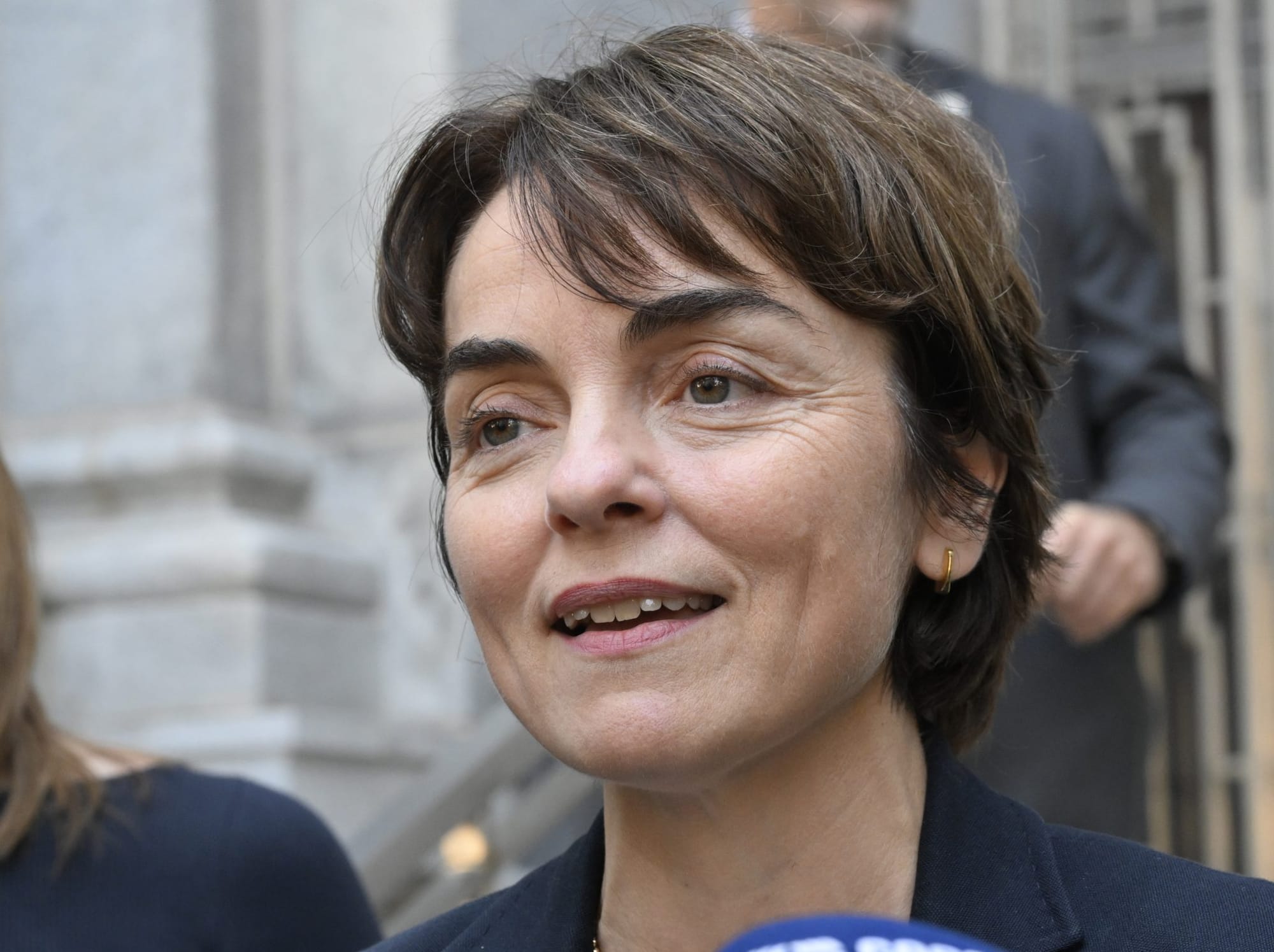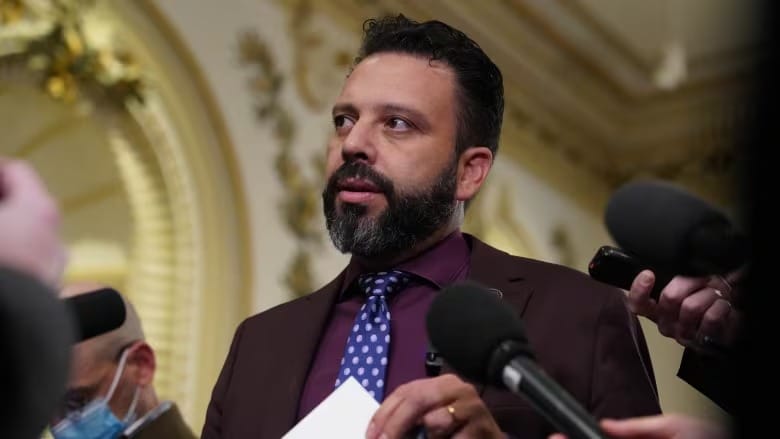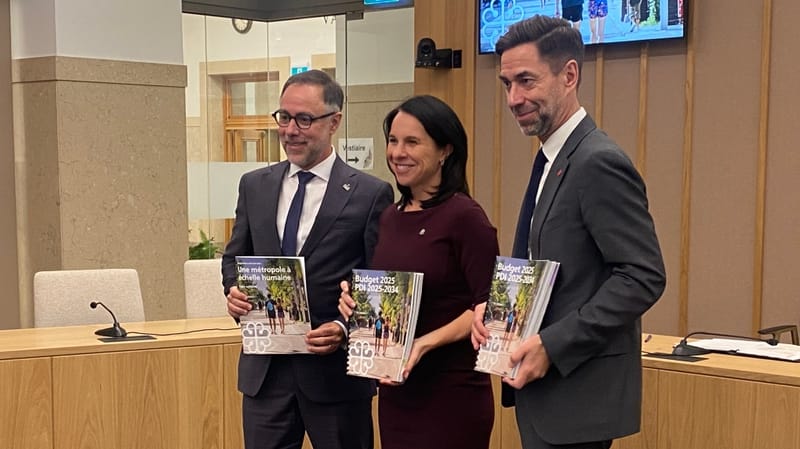As Quebec's new energy minister, Christine Fréchette makes her debut
Sabia noted that while residential rates are expected to stay at three percent, he did not specify how much this measure would offset Hydro-Québec’s potential losses from freezing residential rates.

On Tuesday, Hydro-Quebec President Michael Sabia and Energy Minister Christine Fréchette assured that the substantial increase in electricity production in Quebec will not affect residential rates.
Their comments came during the first consultation day for Bill 69, which seeks to overhaul the energy sector framework and address the growing demands of economic decarbonization.
Sabia projected that residential rate increases could be capped at three percent for several years beyond 2026.
However, he confirmed that industrial and commercial sectors would face higher electricity costs, between four and five percent. Minister Fréchette added that small and medium-sized enterprises (SMEs) would also be required to "pay a fair price."
Sabia noted that while residential rates are expected to stay at three percent, he did not specify how much this measure would offset Hydro-Québec’s potential losses from freezing residential rates.
Former Energy Minister Pierre Fitzgibbon had estimated the cost to the Quebec government at between $200 and $300 million, potentially leading to increased taxes or debt, according to HEC Montreal analyst Pierre-Olivier Pineau.
Sabia suggested that there might be alternative mechanisms for addressing this issue, encouraging the committee to explore other options.
"There are quite a few ways to get to the same place," he said, adding that Hydro-Québec remains open to different solutions.
In response to a question from Liberal MNA Marwah Rizqy regarding the allocation of megawatts to businesses, Sabia observed that the CAQ government seemed to prioritize economic growth over decarbonization.
He questioned whether the current balance between decarbonization and economic growth aligns with the government's action plan of 75 percent decarbonization and 25 percent growth.
The Liberal opposition accused the CAQ government of prioritizing energy exports to foreign multinationals at the expense of Quebec SMEs.
Rizqy criticized this approach, suggesting that a nationalist premier would not sell Quebec’s energy resources to foreigners while imposing costs on local residents.
Sabia also raised concerns about the government's progress on reconciliation with First Nations, calling for a significant acceleration in the process.
He criticized the government's current approach as paternalistic and colonialist, advocating for more respectful agreements between Hydro-Québec and Indigenous communities.





